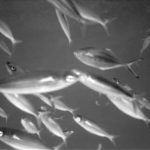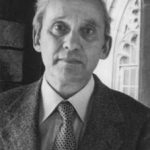Civilising through food: French fantasies about gastronomy and Muslim diet
In January 2022, Fabien Roussel – a leader of the French Communist Party – urged the French public not to be ashamed of eating meat, drinking fine wine and eating good cheese because ‘it’s French gastronomy’. 1 The remark was made following a polemic around the introduction of a meat-free menu in school canteens during […]













